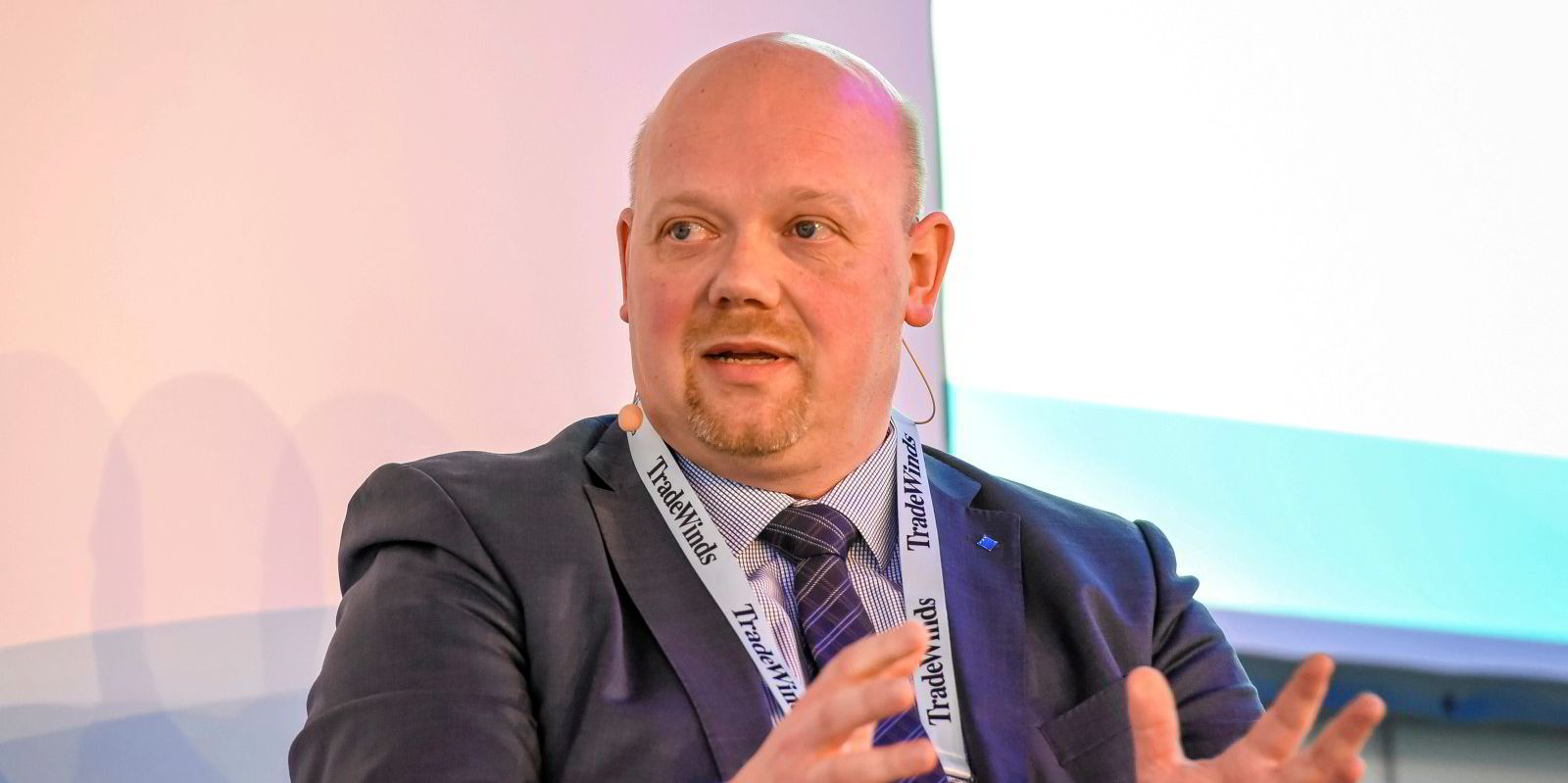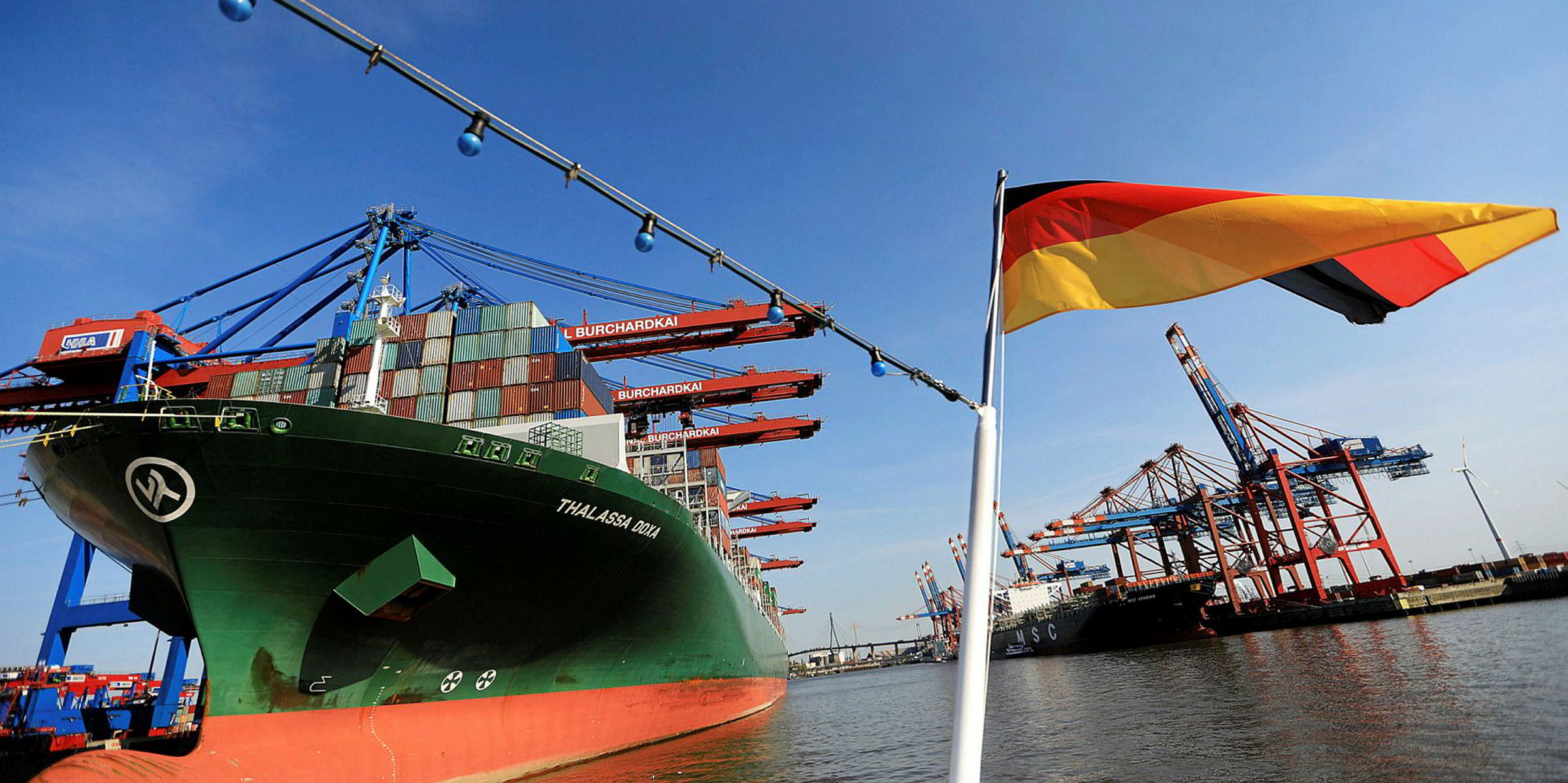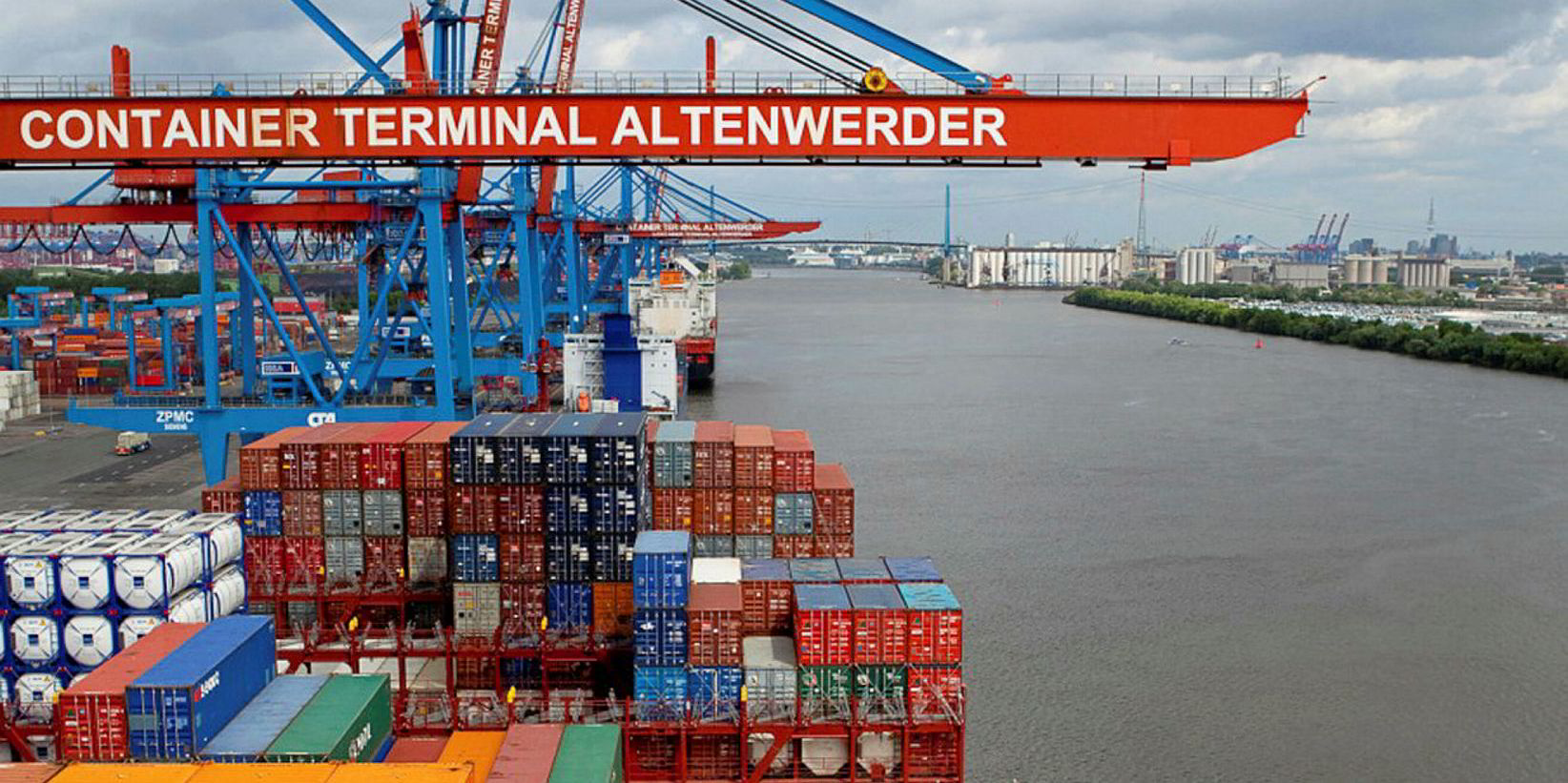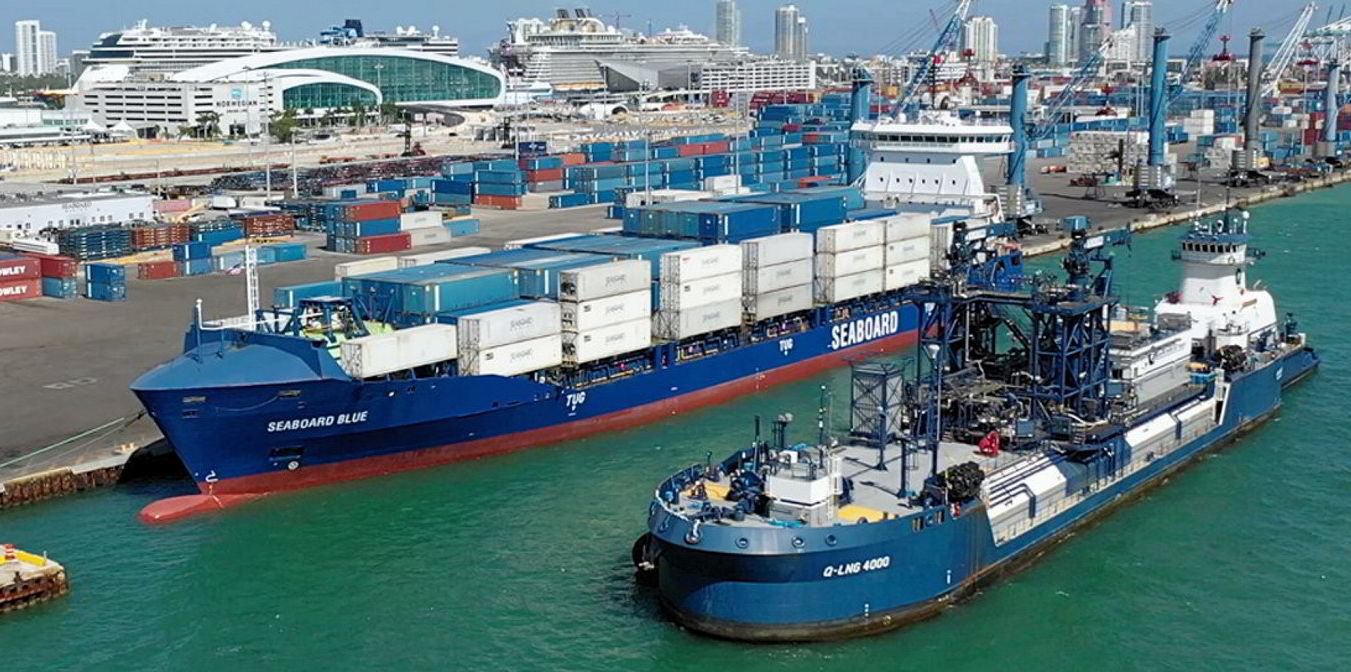A group of mainly German shipowners are putting pen to paper on an order worth up to $630m for 21 feeder container ships to be built in China.
Orders for 11 vessels of 1,074 teu each costing around $30m per ship have been inked with two Chinese yards with deliveries starting in the second half of 2025.
The deal, which includes options for 10 more ships, comprises orders for a new design of “methanol ready” vessels with contracts signed by four German and one Dutch shipping company.
Mare Trust AG, and Oldenburg maritime investment company, will also invest a large part of the equity.
Germany’s Reederei Jungerhans, Wessels Reederei, HS Schiffahrt and Reederei HP Wegener will have a minimum 50% of the equity. Dutch owner Visser Shipping is the only non-German company joining the fray.
The project has been pieced together over the past two years by Hamburg-based project manager Arkona (formerly Arkon) Allied Container (AAC).
The boom market provided an opportunity for the owners to fund the ships on a speculative basis — something that would not have been possible in the past, said AAC managing partner Ole Gabs.
Jungerhans, Wessels and Wegener have together ordered six ships — two ships for each owner — with Jiangsu Dajin Heavy Industry. The vessels will be built at the nearby Kuoan shipyard, which the shipbuilder has leased to build ships. Both shipbuilding facilities are subsidiaries of Shenzhen-listed Bestway Marine & Energy Technology.
The remaining five vessels have been ordered at Qingdao Yang Fang Shipbuilding. HS Schiffahrt will take three vessels and Netherlands-based shipowner Douwe Visser’s company will take two.
Europe in mind
Deliveries from the yards will begin in August 2025 and every three months thereafter. Each yard has granted the owner’s options for five additional ships, which are expected to be exercised.
The high price reflects the design is “a very high-spec European ship”, Gabs said. The vessels have methanol tanks and engines that can be modified to run on methanol.
But the key selling point of the vessels is their economic efficiency, he said.
That will make them much more efficient that the standard SSW 1000-design that have been widely used by German owners over the past 15 years.
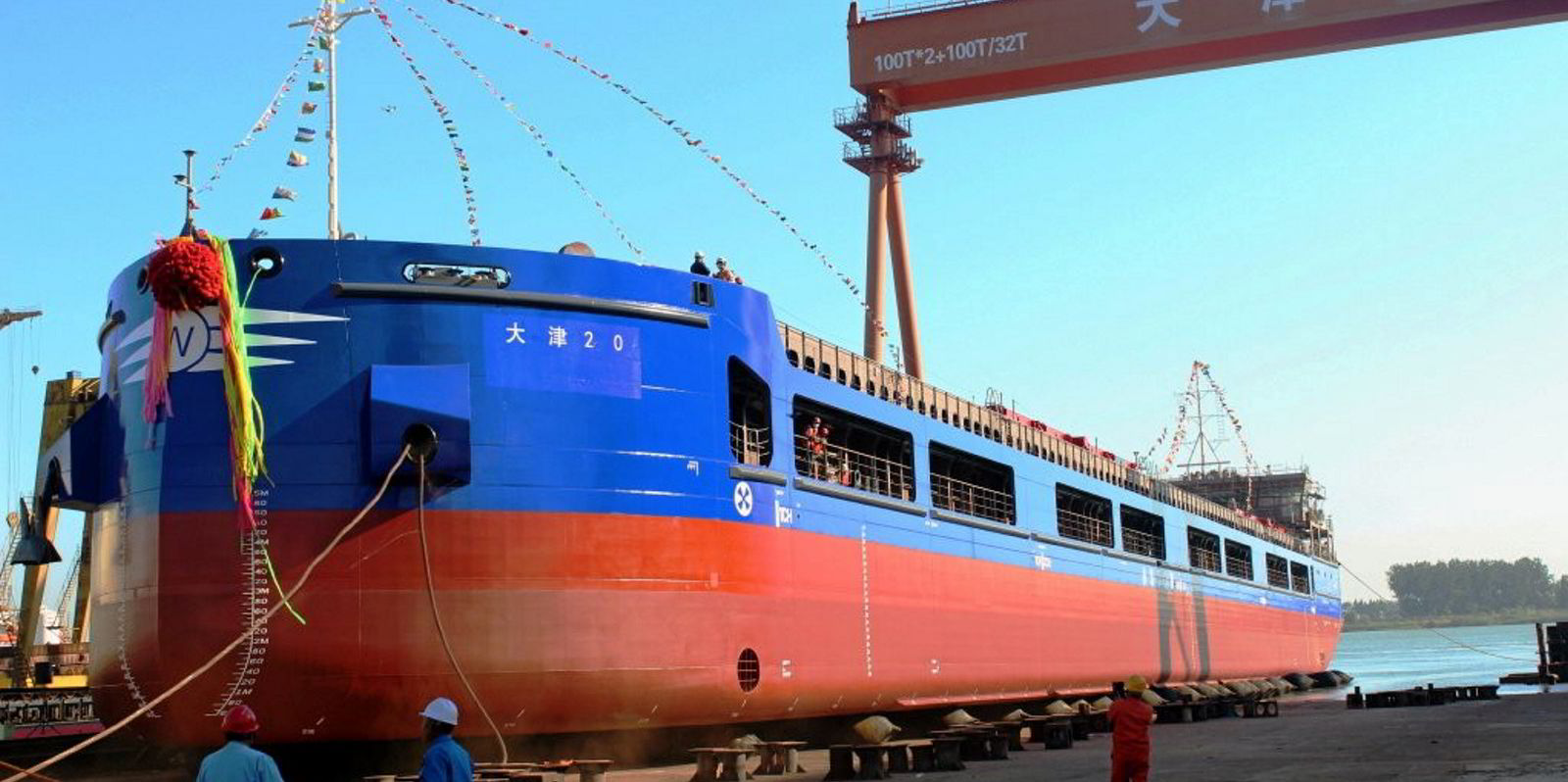
The older design consumes 26 tonnes daily at a speed of 15 knots, but the new design will only consume 16 tonnes.
The vessels will come with fully 45-foot-long container bays and are fully designed for the Northern European feeder trades.
They are equipped with bow and stern thrusters, controllable pitch propellers, shaft generators and modern, two-stroke MAN engines.
New pool
The speculative order demonstrates the newfound confidence that the European shipowners have in their employment prospects.
“What we will do we will make an income pool for the ships. They are not fixed yet,” Gabs said.
The expectation is that ships can be fixed for more flexible periods of one-to-four years.
Previously, a charter of up to 10 years might have been needed before a newbuilding project could go ahead, he said.
“If we give them that kind of flexibility we expect and see they would be willing to pay a bit more.”
Talks are already taking place to fix the vessel with carriers operating in Northern European trades.
Gabs added that the order would not have been possible if owners had benefited from the container shipping boom of the past two years, which enabled them to recoup the money lost in the previous decade.
“During the long crisis, we couldn’t materialise projects due to lack of money. The only way we could materialise was a long-term charter.”
“Now we have done it on speculation. That is a big difference of this project to those of the past.”
“It’s a long time since such a project has been done in Germany. We’re happy it has worked out and it is flying. We are making down payments now, the refund guarantees are coming,” he said.
“We think there will be a lot more of these ships, because the fleet is getting really old.”
